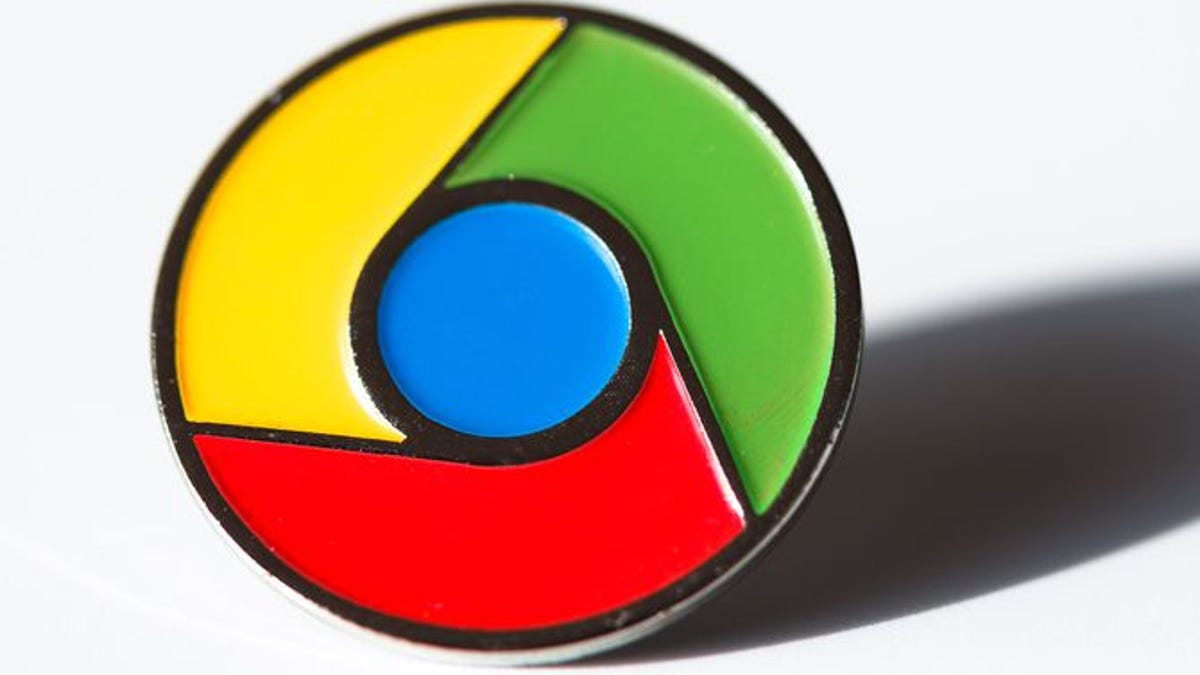Google to push Flash closer to extinction with new version of Chrome
Chrome 55, due out in December, will replace the once-popular plug-in with HTML5, Google says.

Google's Chrome browser will be replacing Flash Player in December.
Google plans to begin pushing Adobe Flash Player closer to its inexorable grave at the end of the year with a new version of its Chrome web browser.
Chrome 55, which the web giant plans to release in December, will replace Flash with HTML5, Google said on Monday. Noting that the browser plug-in has played a key role in the proliferation of video on the internet, Google said the change will lead to improved security, reduced power consumption and faster page load times.
"HTML5 is much lighter and faster, and publishers are switching over to speed up page loading and save you more battery life," Anthony LaForge, curator of Flash in Chrome, wrote in a blog post. "You'll see an improvement in responsiveness and efficiency for many sites."
Google said it will begin to de-emphasize Flash in September with the release of Chrome 53, which will begin blocking the plug-in.
Adobe responded to the move by reiterating that it believes HTML5 is the web platform of the future.
"We work closely with Mozilla, Microsoft, Facebook and others to facilitate the adoption of these open standards," Adobe said in a statement. "Google's decision is part of this industrywide evolution that Adobe is heavily invested in."
Once the de facto standard for websites to run games, stream video and deliver animation over browser software, Flash Player has fallen out of favor with many tech companies and organizations, which deride the plug-in as a battery hog and security vulnerability. Its popularity has waned in recent years as more in the online video industry turn to HTML5, a developing language that can run graphics without plug-ins.

